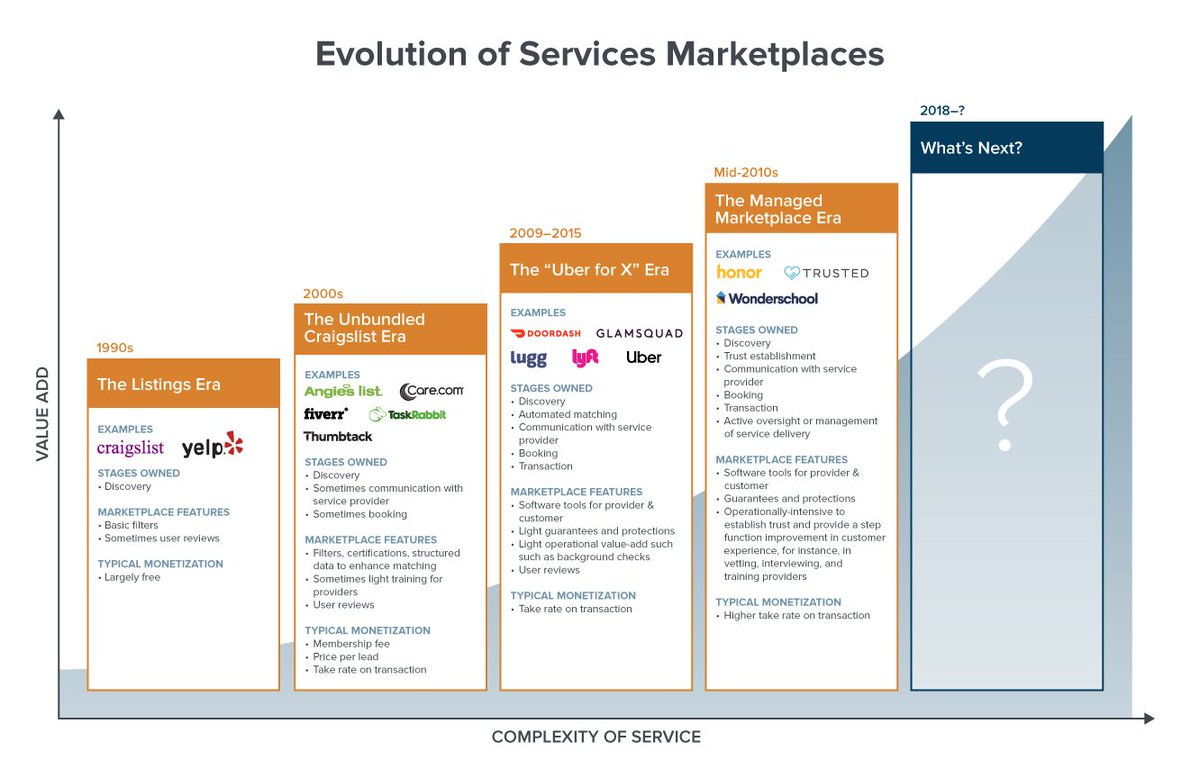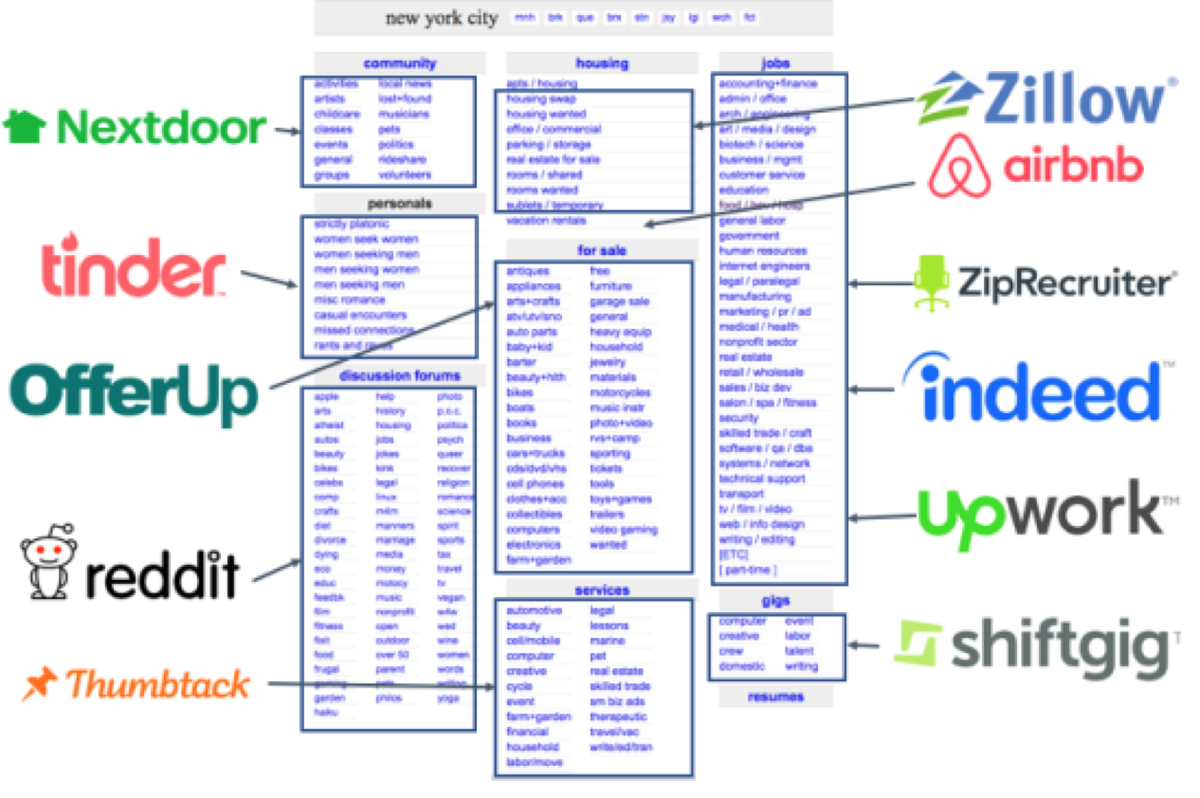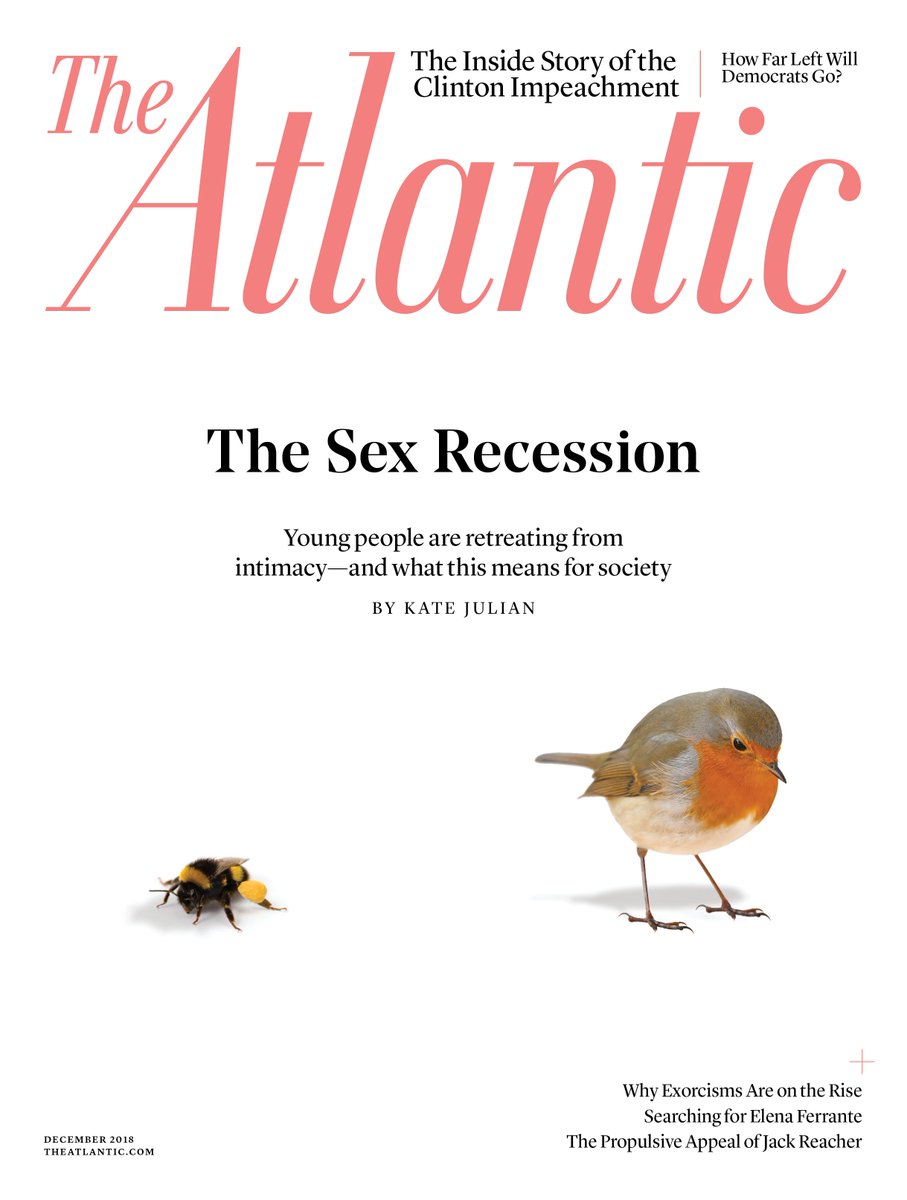1. Ben Rhodes’s comment dismissing the concerns of former political prisoners and US hostages in Iran regarding Rob Malley’s potential appointment as Iran envoy is deeply unprofessional and offensive. As my own story illustrates, not everything is about partisan DC politics.
I think Joe Biden should pick his Iran envoy, not Tom Cotton and a bunch of cheerleaders for MBS and American authoritarianism. Elections have consequences.
— Ben Rhodes (@brhodes) January 22, 2021
https://t.co/KptDxI3gf0
More from Biden
THREAD: There has been a lot of criticism levied against @BernieSanders recently following his comment about "working within the context of what Biden wants" as Chairman of the Senate Budget Committee. This thread will explore why this really isn't all that surprising.
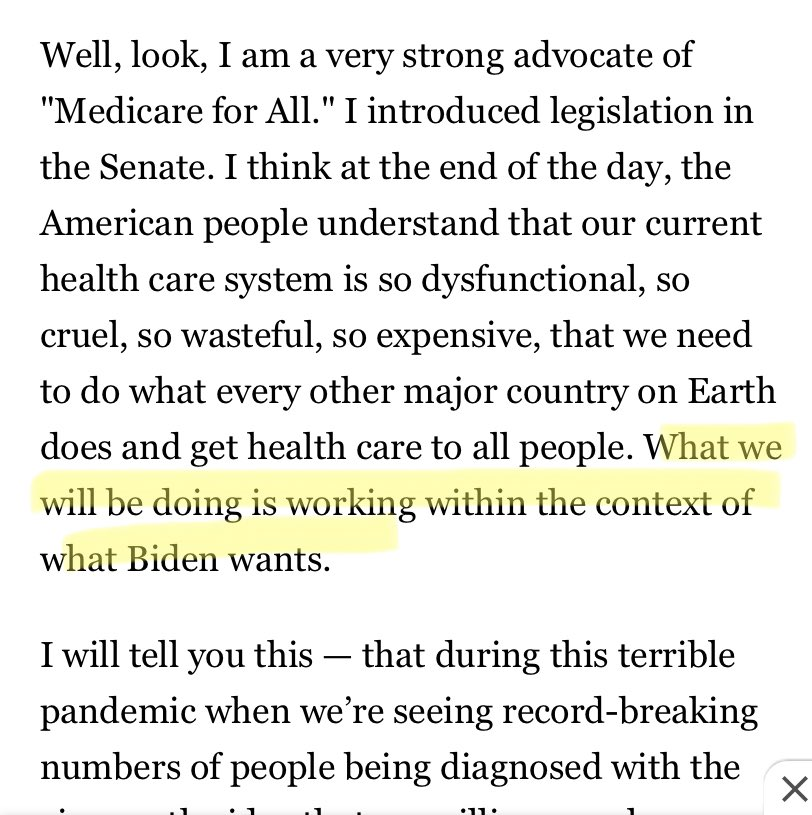
Over the last 20+ years, Bernie has endorsed every establishment Democrat running for President: Bill Clinton, Gore, Kerry, Obama, Hillary, and most recently, Biden. These candidates and what they represent largely contradict much of what Bernie says he stands for.
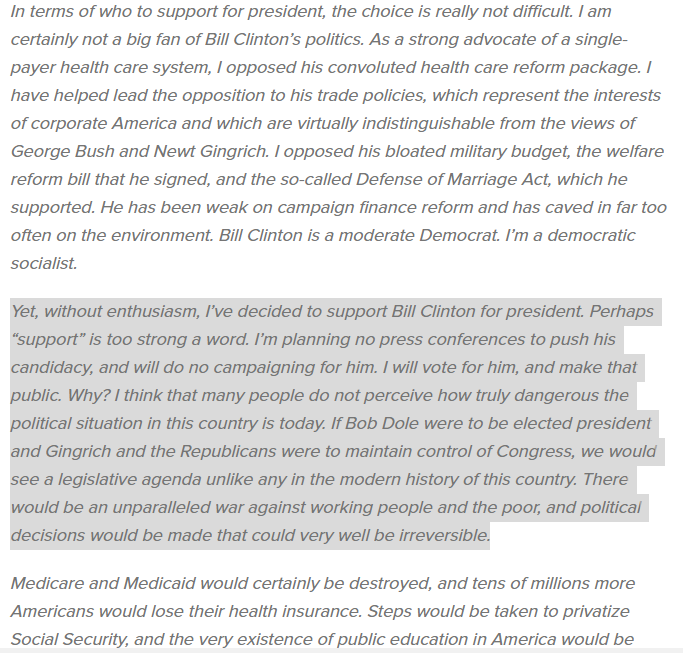
Chris Hedges theorized in 2015: "...All that energy and all of that money goes back into the Democratic party. [Bernie] functions as a sheepdog to corral progressives, left-leaning progressives, back into the embrace of the Democratic
Bernie's foreign policy positions are also telling. While he *did* vote against the US invasion of Iraq, he still voted to fund it once underway, & also backed the US bombing of Kosovo, US sanctions against Iran & Libya, & the Iraqi Liberation Act of
Bernie called closing the torturous gulag at Guantanamo a "complicated issue" and supported a proposal in 2009 to "prohibit funding to transfer, release, or incarcerate detainees detained at Guantanamo Bay, Cuba, to or within the United States."
https://t.co/4p64SgeD1x
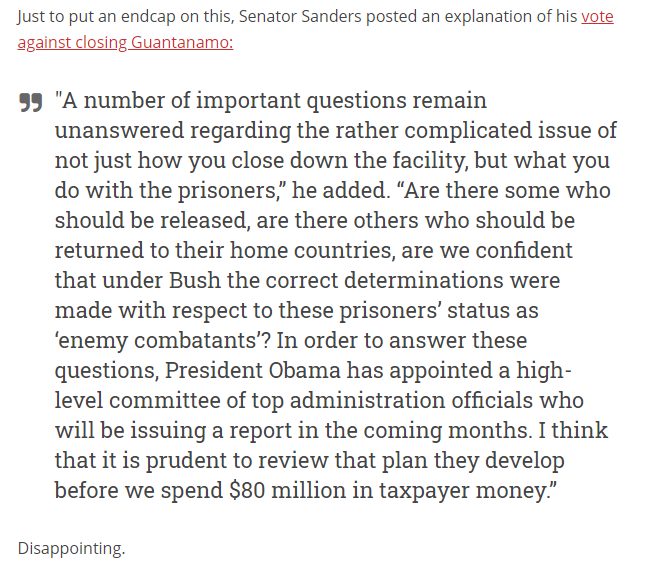

Over the last 20+ years, Bernie has endorsed every establishment Democrat running for President: Bill Clinton, Gore, Kerry, Obama, Hillary, and most recently, Biden. These candidates and what they represent largely contradict much of what Bernie says he stands for.

Chris Hedges theorized in 2015: "...All that energy and all of that money goes back into the Democratic party. [Bernie] functions as a sheepdog to corral progressives, left-leaning progressives, back into the embrace of the Democratic
Bernie's foreign policy positions are also telling. While he *did* vote against the US invasion of Iraq, he still voted to fund it once underway, & also backed the US bombing of Kosovo, US sanctions against Iran & Libya, & the Iraqi Liberation Act of
Bernie called closing the torturous gulag at Guantanamo a "complicated issue" and supported a proposal in 2009 to "prohibit funding to transfer, release, or incarcerate detainees detained at Guantanamo Bay, Cuba, to or within the United States."
https://t.co/4p64SgeD1x








